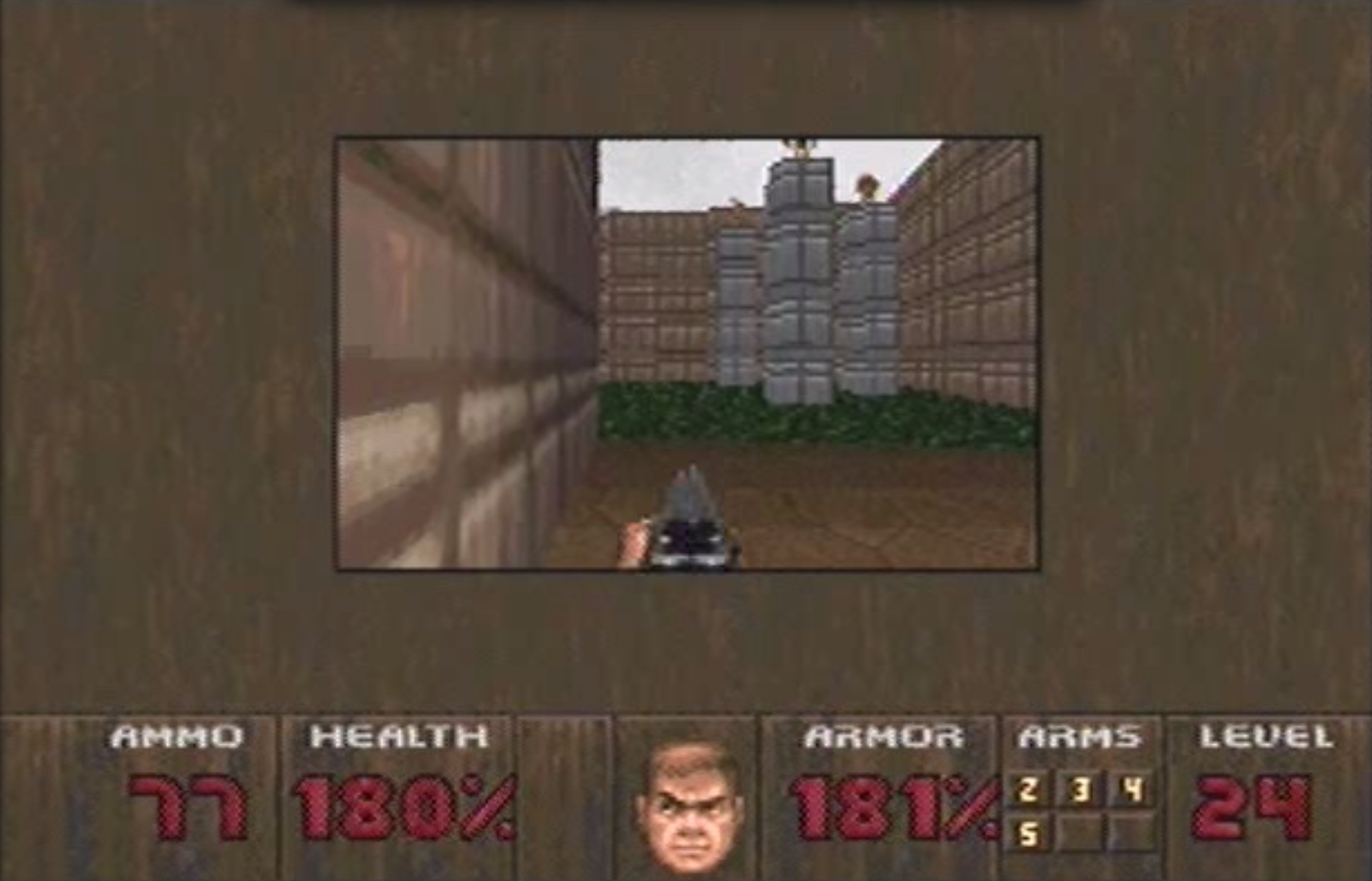DOOM 3DO source code is now publicly available

Released in 1995, DOOM's 3DO port wasn't great. It's widely regarded the worst of DOOM's many ports, and remember there was even a GameBoy Advance port.
Now we can begin to understand why, thanks to new access to the 3DO port's source code. Programmer Rebecca Ann Heineman released it this week to coincide with the DOOM's 21st birthday, along with some notes describing the nightmarish process of getting the classic to run on the notoriously difficult (and doomed) console.
Shortly after Heineman took on the project it emerged she had only ten weeks to develop the port from scratch. "This was the product of ten intense weeks of work due to the fact that I was misled about the state of the port when I was offered the project," she wrote.
"I was told that there was a version in existence with new levels, weapons and features and it only needed 'polishing' and optimization to hit the market. After numerous requests for this version, I found out that there was no such thing and that Art Data Interactive was under the false impression that all anyone needed to do to port a game from one platform to another was just to compile the code and adding weapons was as simple as dropping in the art."
Heineman goes on to list the many shortcuts and compromises she needed to make in order to get DOOM up-and-running on the 3DO. First of all, to save time on porting the music driver she needed to commission new renditions of DOOM's famous level music. She also pulled off some counterintuitive maneuvers to make the most of the 3DO's memory.
The end product, despite the tiny screen and unplayable-by-today's-standards frame rate, is pretty impressive under the circumstances. Access the code and read Heineman's full account here, and see how the 3DO port looked in action below.
Relatedly, John Romero released some previously unseen DOOM assets last week.
Keep up to date with the most important stories and the best deals, as picked by the PC Gamer team.

Shaun Prescott is the Australian editor of PC Gamer. With over ten years experience covering the games industry, his work has appeared on GamesRadar+, TechRadar, The Guardian, PLAY Magazine, the Sydney Morning Herald, and more. Specific interests include indie games, obscure Metroidvanias, speedrunning, experimental games and FPSs. He thinks Lulu by Metallica and Lou Reed is an all-time classic that will receive its due critical reappraisal one day.

